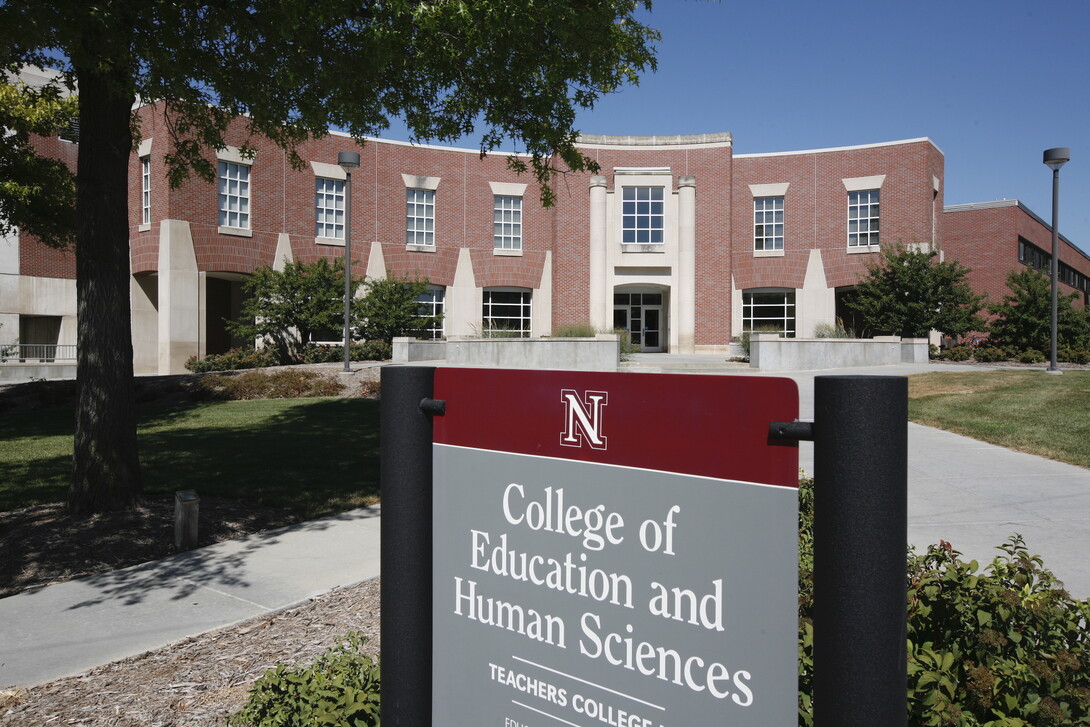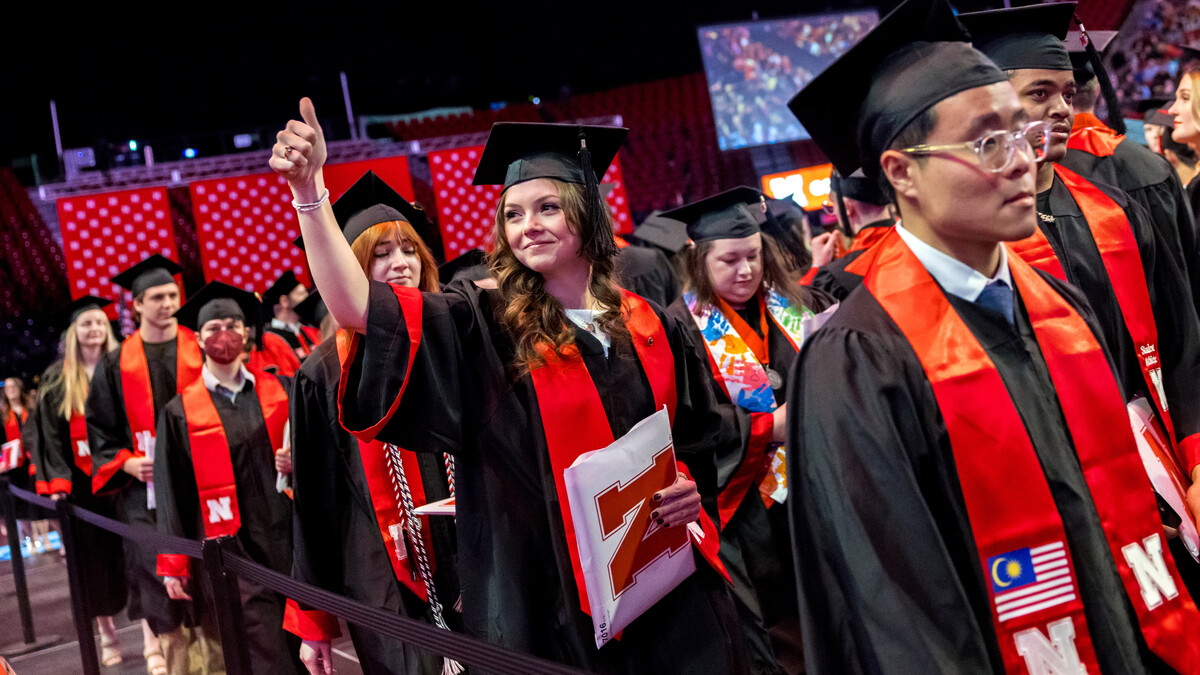
The Buffett Early Childhood Institute has awarded one-year grants to two Nebraska doctoral students through a pioneering fellowship program.
The two students are Keting Chen and Erin Hamel, both human sciences students in the Department of Child, Youth and Family Studies.
The Buffett Institute Graduate Scholars program provides financial support and mentoring and is designed to foster the growth of diverse, exceptional graduate students conducting research about young children and their families. The program, now in its fifth year, is the first financial support program for doctoral students who have reached Ph.D. candidacy at the University of Nebraska that focuses on young children and their development.
Each student will receive up to $25,000 to support scholarly research that benefits young children.
The Institute’s director of research and evaluation, Kathleen Gallagher, who oversees the Graduate Scholar fellowships, is impressed by this year’s ambitious projects.
“These graduate scholars will engage in research that will increase our knowledge of young children’s numeracy skills and ways to support parents and educators in developing children’s math skills, and that will help us better understand critical work supports that are needed by early childhood teachers,” Gallagher said. “We are excited about the potential of this research to enhance the lives of young children and families.”
Keting, of Shanghai, China, is exploring how the home numeracy environments and child care numeracy environments are associated with preschool-age children’s numeracy skills. Her study will identify important aspects of early numeracy environments (e.g., parents’ and teachers’ knowledge about early math and frequency of numeracy activities) that associate with children’s development of numeracy skills. The findings may also help to determine ways to support parents and educators in their early numeracy practices.
Her faculty mentors are Amy R. Napoli and Julia C. Torquati.
“Keting has impressed me with her knowledge of the field of early mathematics,” Napoli said. “Her project will contribute greatly to the field, and I am confident in her abilities as an emerging researcher to lead this important work.”
Hamel, of Athens, Georgia, the other 2020-21 fellowship recipient, will investigate the workplace support of planning/non-contact time, a widely overlooked facet of early childhood teachers’ workday. Non-contact time involves a teacher’s time away from children that provides an opportunity to address work demands beyond the direct care of children. Teachers need adequate amounts of non-contact time to plan for quality instruction, assess children’s development, and communicate with families, among other things. Hamel’s project aims to contribute to our understanding of early childhood teacher work supports to inform policies to improve teachers’ job satisfaction—a critical problem for an undervalued profession plagued with high turnover and low pay.
Her faculty mentor is Rachel Schachter.
“Understanding how early childhood directors and teachers conceptualize and use this time will help ensure that this critical support is provided to and used by teachers,” Schachter said. “Hamel is a thoughtful, curious, and promising scholar who has demonstrated a dedication to research that supports early childhood workforce development and improving outcomes for young children.”
The Buffett Institute Graduate Scholars program is intended to reach across traditional higher education boundaries, supporting high-quality research from diverse fields that impact young children, including health, education, social work, music, art, the neurosciences, and others. Multidisciplinary research and practice—particularly from disciplines not typically associated with the field of early childhood education—and new methodologies are encouraged. Scholars work with their faculty mentors on a dissertation that represents an in-depth exploration of early childhood issues.







